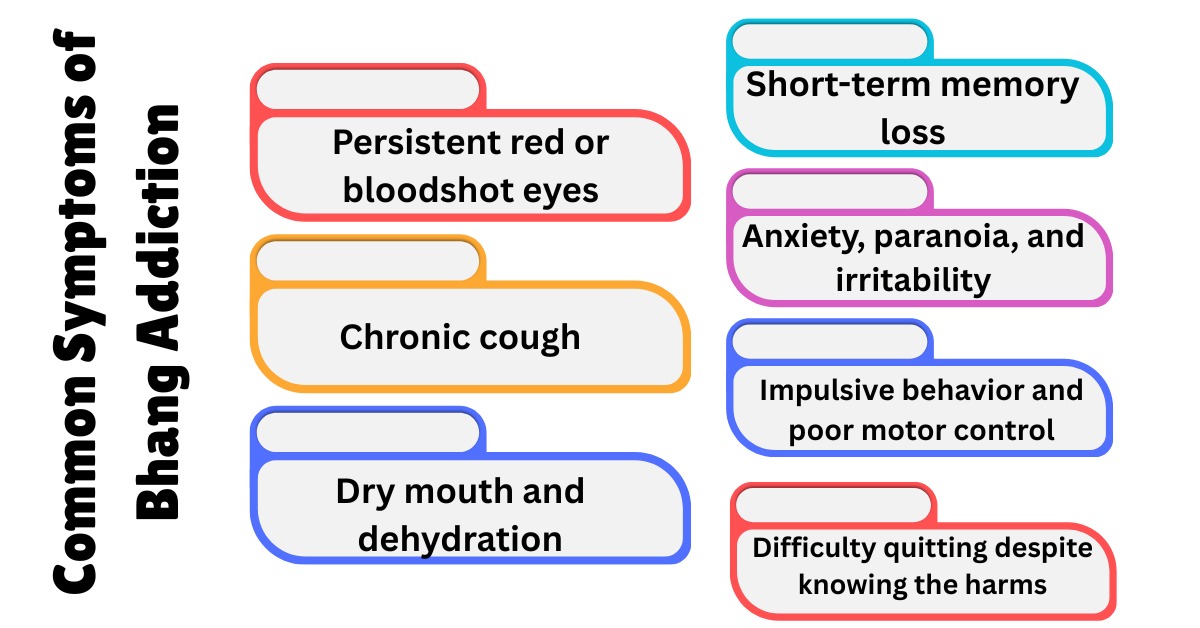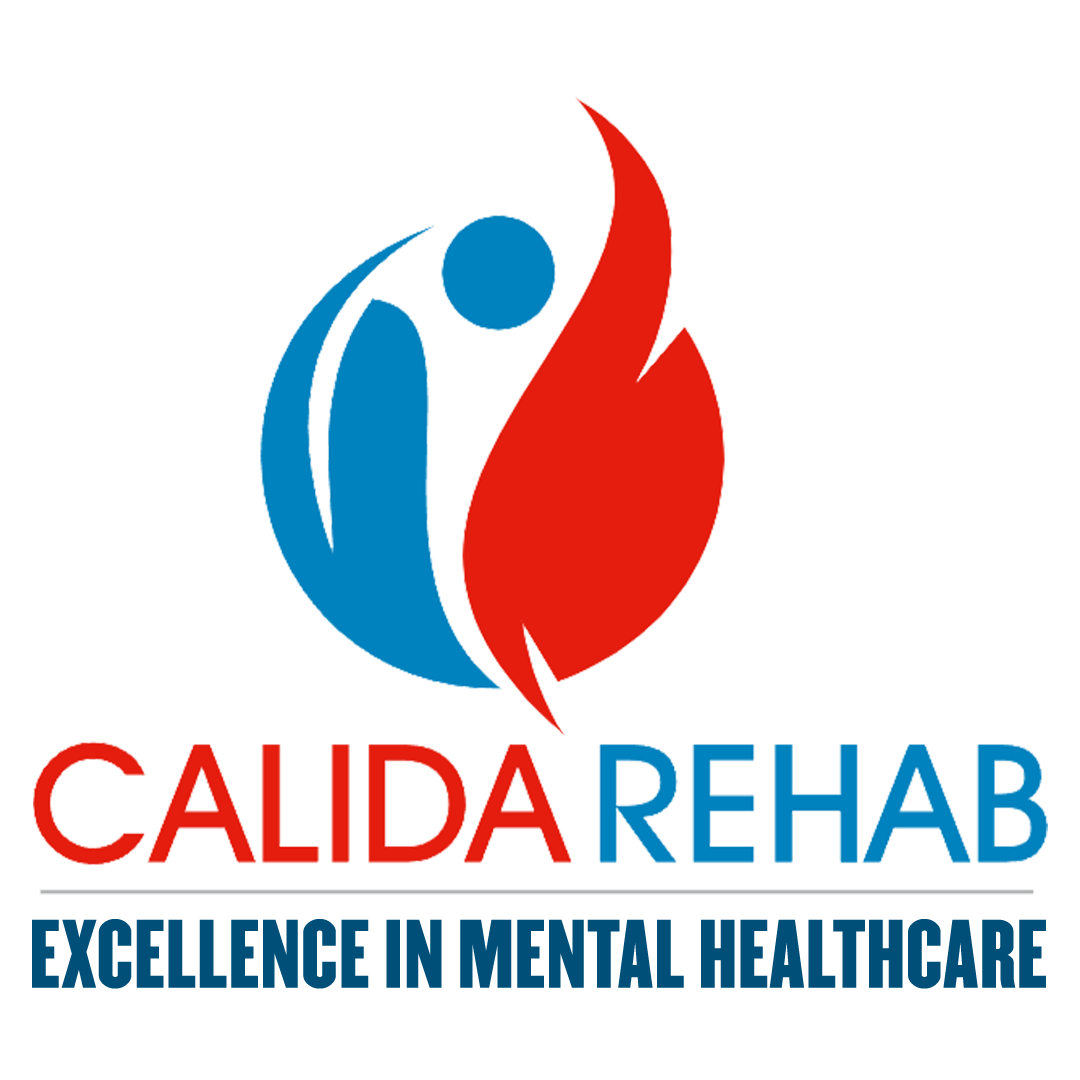
What is Bhang? Benefits and Side Effects
Bhang is a traditional edible preparation made from the leaves, buds, and flowers of the cannabis plant. It holds deep cultural significance in India and has been used for centuries, especially during festivals like Holi and Maha Shivaratri. Bhang is usually consumed as a refreshing drink, such as bhang lassi or bhang thandai, or incorporated into festive sweets like laddoos and pakoras. These preparations are often enhanced with spices, ghee, sugar, or jaggery to make them flavorful and enjoyable. In 2025, with the growing popularity of cannabis-based products, several cases of bhang-infused sweets being sold online without proper regulation have been reported, raising concerns about dosage safety and misuse during festivals.
How is Bhang Made?
Bhang is typically made by grinding the leaves and flowers of the female cannabis plant into a smooth paste. This paste is then mixed with ingredients like milk, dry fruits, sugar, and spices to create popular drinks like bhang lassi and bhang thandai. Some people also consume it in the form of bhang goli, which is simply the paste mixed with water. The cultivation of bhang is common in Indian states like Bihar, Rajasthan, Tamil Nadu, and the Himalayan region.
How Does Bhang Work in the Body?
The key psychoactive components in bhang are cannabinoids, mainly THC (tetrahydrocannabinol) and CBD (cannabidiol). THC is responsible for producing the “high” by altering brain functions related to memory, mood, and motor coordination. CBD, on the other hand, is known for its potential therapeutic benefits, especially in managing DisAnxietyorder and promoting relaxation, without causing intoxication. These cannabinoids interact with the body's endocannabinoid system, which regulates memory, learning, immunity, and motor control.
Benefits of Bhang
When consumed responsibly and in moderation, bhang may offer several health benefits:
Side Effects of Bhang
Despite its benefits, bhang can cause significant side effects, especially when misused:
People undergoing schizophrenia treatment or those with a family history of psychotic disorders should strictly avoid bhang, as it can worsen symptoms.
Who Should Avoid Bhang?
Although bhang has been used traditionally for its medicinal and recreational effects, it is not safe for everyone. Certain groups should completely avoid bhang due to its potential risks, especially if they are dealing with physical or mental health conditions.
Individuals suffering from heart conditions or high blood pressure should strictly avoid bhang. Its ability to cause tachycardia, irregular blood pressure, and heart strain may lead to serious complications, including heart attacks and strokes.
Bhang can worsen symptoms for people suffering from Anxiety Disorder or Depression. The THC in bhang may trigger anxiety, mood swings, paranoia, hallucinations, and even psychosis. Individuals with existing mental health conditions are at a higher risk of experiencing these side effects.
Bhang is particularly harmful to children and teenagers. Consuming it at an early age can negatively affect brain development, causing memory problems, trouble focusing, mood disturbances, and increasing the risk of long-term addiction. It may also aggravate certain mental health symptoms during adolescence.
Pregnant or breastfeeding women should strictly avoid bhang. THC passes through the placenta and breast milk, affecting the baby’s neurological development and increasing the risk of behavioral and cognitive disorders.
Older adults, especially those receiving Dementia Care Treatment, should avoid bhang as it may worsen confusion, memory loss, and cognitive decline. It can also interfere with medications commonly prescribed for dementia and Alzheimer's.
Individuals with a history of substance abuse or those currently struggling with addiction should avoid bhang. Its THC content can make it highly addictive and may worsen existing addictive behaviors. For such individuals, seeking professional guidance is strongly recommended.
Is Bhang Addictive?
Yes, bhang can lead to addiction due to the psychoactive effects of THC. Regular use may cause dependence, similar to other addictive substances. The risk becomes even greater for those already facing mental health challenges. Many individuals find it difficult to quit without professional help, such as the support offered by a nasha mukti kendra in Mumbai
Common Symptoms of Bhang Addiction:
Bhang, despite its cultural acceptance, can become addictive when consumed excessively. Addiction develops gradually as the body and brain start depending on the effects of THC for normal functioning. Recognizing the early signs of bhang addiction is crucial to prevent long-term physical and mental health damage. Here are the most common symptoms:

- 1. Increased Tolerance and Withdrawal Symptoms As addiction builds, individuals often need higher amounts of bhang to feel the same effects. When they try to stop, they may experience withdrawal symptoms like mood swings, irritability, insomnia, anxiety, and loss of appetite. These are also classic symptoms of depression.
- 2. Red Eyes and Persistent Cough Frequent consumption may cause red or bloodshot eyes due to dilated blood vessels. A persistent cough may also develop, similar to that seen in tobacco smokers, due to irritation of the lungs.
- 3. Dry Mouth and Poor Oral Health Bhang reduces saliva production, leading to dry mouth, bad breath, and, over time, oral sores. These symptoms worsen with heavy and continuous use.
- 4. Impaired Memory and Concentration Bhang impacts the parts of the brain that control memory and thinking. Users may face short-term memory loss, trouble concentrating, and difficulty learning. These issues become even more serious for those already dealing with mental health conditions.
- 5. Dependence on Bhang for Relaxation Addicts often struggle to sleep, eat, or relax without bhang, leading to psychological dependence. Over time, this dependency can worsen symptoms of anxiety and other mental health issues.
- 6. Social Isolation People addicted to bhang often distance themselves from family and friends. They may lose interest in social activities they once loved, a pattern commonly seen in individuals struggling with addiction.
- 7. Risky and Impulsive Behavior Excessive bhang use impairs judgment and increases impulsiveness, leading to accidents, financial troubles, or even legal issues. Many users also avoid jobs requiring drug tests or professional accountability.
- 8. Impact on Vulnerable Populations For elderly individuals receiving Dementia Care Treatment, bhang addiction can severely worsen confusion, memory loss, and overall cognitive decline. For those struggling with substance abuse, seeking help from a professional nasha mukti kendra pune (de-addiction center) is highly recommended to safely manage bhang addiction.
- 1. Severe Confusion and Disorientation Overdosing on bhang may cause intense confusion, disorientation, and impaired decision-making. This can be dangerous, especially in social gatherings or crowded environments.
- 2. Anxiety, Paranoia, and Panic Attacks High doses of bhang can overstimulate the brain, leading to severe anxiety, paranoia, and even panic attacks. Those already dealing with anxiety disorder may experience worsened symptoms during an overdose.
- 3. Hallucinations and Delusions Bhang overdose can lead to hallucinations and distorted sensory perception. This is particularly concerning for individuals who are at risk of developing psychotic disorders or are currently undergoing mental health treatment.
- 4. Nausea, Vomiting, and Stomach Discomfort One of the immediate physical effects of bhang overdose is nausea and vomiting. Excessive consumption may also lead to stomach cramps and digestive issues.
- 5. Tachycardia (Rapid Heartbeat) and Dizziness Bhang overdose is often linked with an increased heart rate (tachycardia) and fluctuating blood pressure, which can be dangerous, especially for those with heart conditions. This may also cause dizziness, fainting, or blackouts.
- What is Cross Tolerance? Effects on Medication and Substance Use
- What's the difference between compulsive liar and pathological liar?
- नींद की गोली ज्यादा खाने से क्या होगा? सुरक्षित है या नहीं?
- Mistakes People Make That Prolong Their Pain in Addiction
- How Does Dopamine Play a Role in Addiction?
Effects of Bhang Overdose
Consuming excessive amounts of bhang can trigger an overdose, causing both physical and psychological discomfort. The symptoms of an overdose may differ depending on the quantity consumed and the individual's overall health, especially if they have existing health conditions or are undergoing medical treatment.
Final Thoughts
Bhang carries cultural importance, but its medicinal use also comes with potential risks. Though it may provide relief from stress, pain, and symptoms of depression, excessive or improper use can lead to addiction, deteriorating mental health, or even psychotic disorders. If you or someone you know is battling bhang dependency, seeking professional help is crucial for proper treatment and recovery.
